Political Turmoil Unfolds in Labour Party
The Labour Party in Nigeria is currently navigating choppy waters, as a significant leadership crisis has taken hold. This upheaval became evident following a stakeholders' meeting convened by Abia State Governor Alex Otti in Umuahia. Despite being conspicuously absent, key party officials who include Julius Abure, the national chairman, Umar Farouk, the national secretary, and Kennedy Ahanotu, the national youth leader, had their destinies deliberated upon by other influential figures.
The meeting attracted notable attendees such as Peter Obi, the party's flag-bearer in the 2023 presidential election, his running mate Datti Baba Ahmed, and Senator Victor Umeh from Anambra State. Together, these figures symbolized a concerted effort to address what many perceive as a deep-rooted leadership malaise within the party.
The Emergence of a Caretaker Committee
The stakeholders' assembly culminated in the formation of a 29-member caretaker committee. This body is tasked with stabilizing the party over the next 90 days. Chaired by Senator Nenadi Usman, with Senator Darlington Nwaokecha serving as secretary, this committee has a tall order: restoring order and initiating a series of congresses at ward, local government, and state levels. These efforts are aimed at culminating in a national convention, where new leaders will be elected. The committee's broad mandate also includes ensuring that any ongoing litigation against the Labour Party is promptly withdrawn and organizing national congresses to elect a new National Working Committee (NWC) that would gain recognition from the Independent National Electoral Commission (INEC).However, the Abure-led National Working Committee (NWC) quickly moved to discredit the outcome of the meeting. Labeling the proceedings as null and void, Obiora Ifoh, the party's national publicity secretary, vehemently criticized Governor Otti's involvement. According to Ifoh, Otti lacks the requisite authority to convene such a significant assembly, and the caretaker committee holds no legitimacy under the party's constitution or Nigeria's electoral laws.
Deep-Seated Divisions within the Labour Party
The unfolding crisis underscores the profound internal divisions plaguing the Labour Party. Ifoh was keen to point out that there is no leadership vacuum within the party, directly challenging Otti to present any official correspondence from INEC that might object to the conduct of a National Convention under the present leadership. This spirited rebuttal, and the divisions it highlights, reflect the larger challenges the Labour Party faces in solidifying its leadership.
In a bid to underscore the perceived illegitimacy of the stakeholders' meeting, Ifoh and the Abure-led faction maintain that the current NWC remains the legitimate body governing the Labour Party. The resistance to the creation of a caretaker committee is fueled by fears of a slippery slope towards instability, as well as concerns over the legitimacy of any actions taken without the express backing of INEC.
A Call to Unity and Resolution
In the wake of these events, there is a growing call for unity and resolution within the Labour Party. The internal discord is seen by many as a distraction from the party's larger goals and ambitions on the national stage. Resolving the leadership crisis effectively and efficiently is critical, not just for internal harmony but also for presenting a united front to the electorate.
Historically, political parties in Nigeria have faced similar leadership crises, and how the Labour Party navigates this turbulent period may set a precedent for its future. The stakes are high, and the actions of the next few months could very well define the party's trajectory for years to come. Both factions within the Labour Party, those led by Abure and the newly formed caretaker committee, have a vested interest in ensuring that the party emerges stronger and more unified.
Looking Ahead: Challenges and Potential Outcomes
The next steps for the Labour Party as it contends with this leadership dispute are crucial. The committee's mandate involves a comprehensive plan: organizing congresses nationwide to elect a recognized NWC, withdrawing all legal suits against the party, and ensuring compliance with INEC's guidelines. If successful, this could potentially resolve the crisis, but failure could exacerbate the already existing divisions.
This ongoing saga serves as a potent reminder of the complexities involved in party politics within Nigeria. The Labour Party's ability to reconcile its differences and come out stronger could serve as a blueprint for other political entities facing similar challenges. All eyes will be on the Labour Party as it navigates these uncharted waters, hoping for a resolution that ensures stability, unity, and future electoral successes.

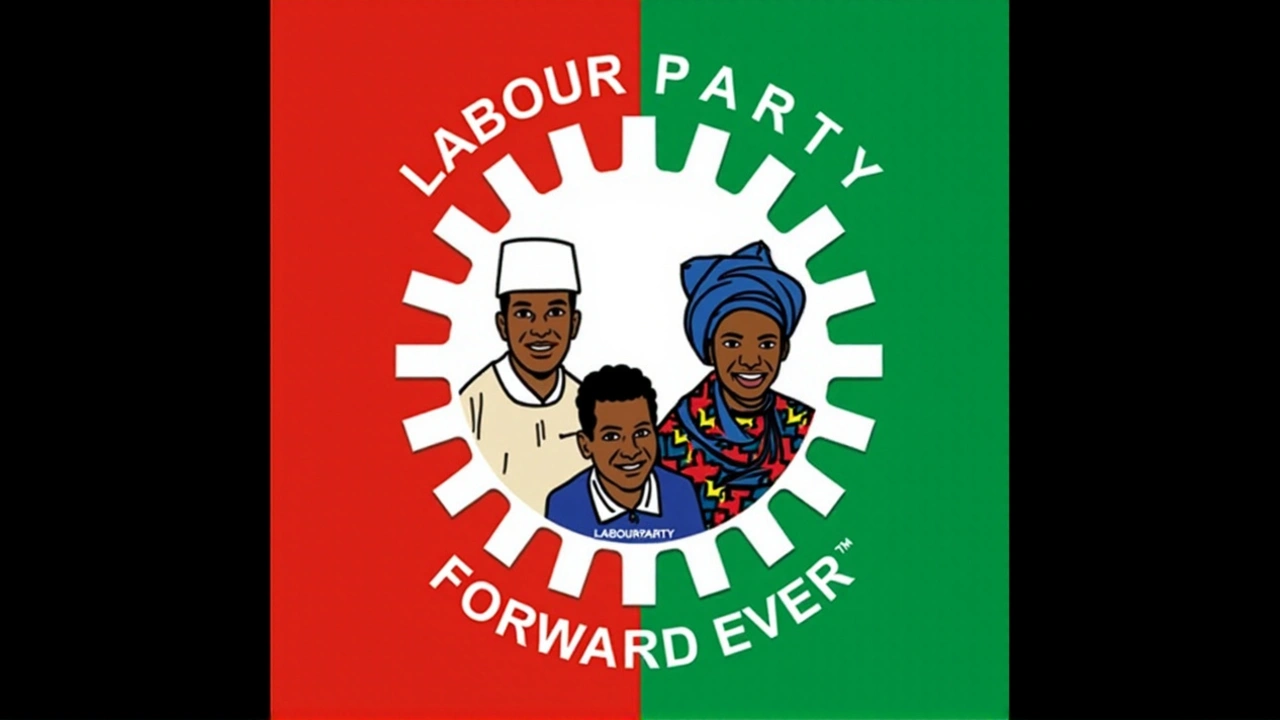
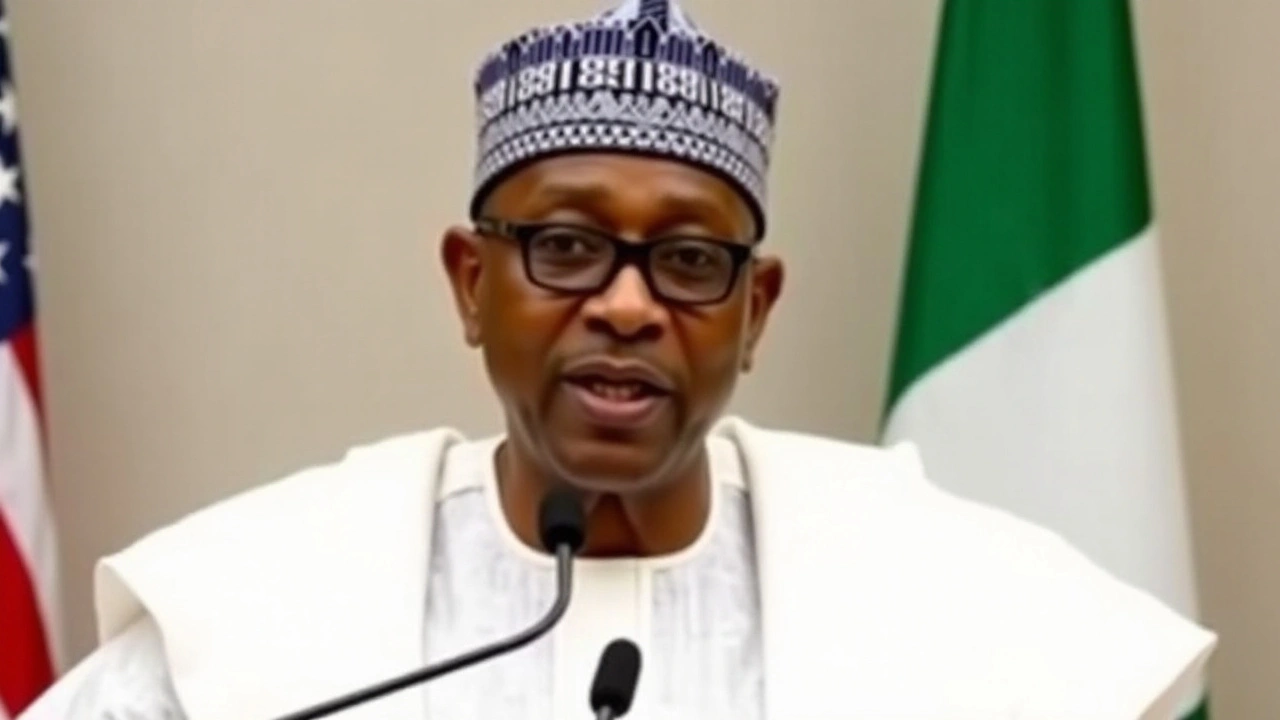

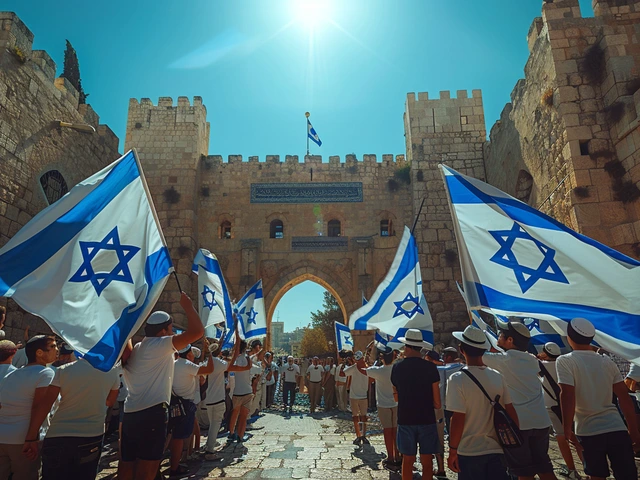
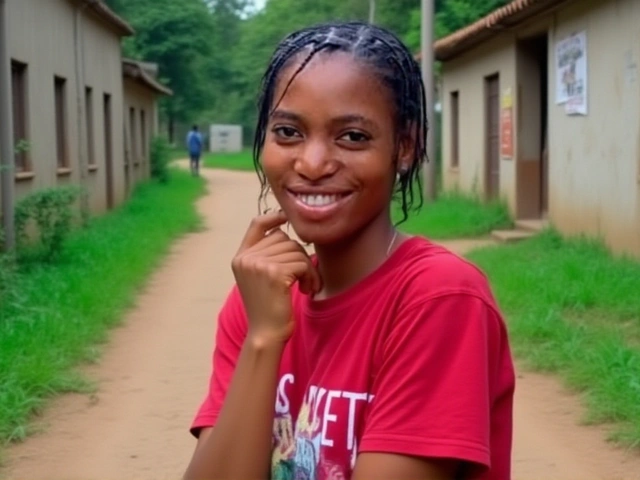
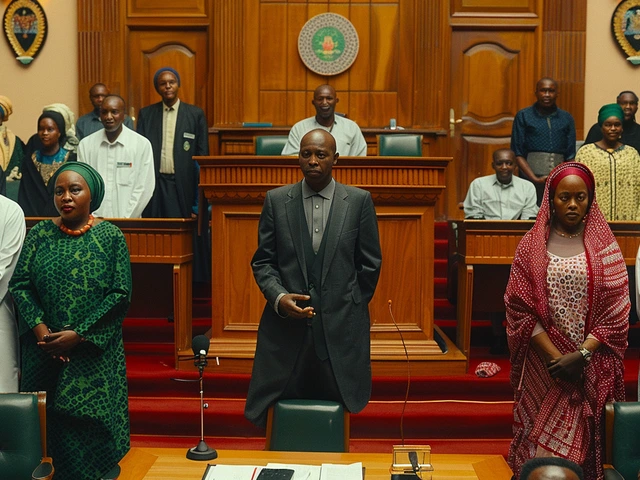
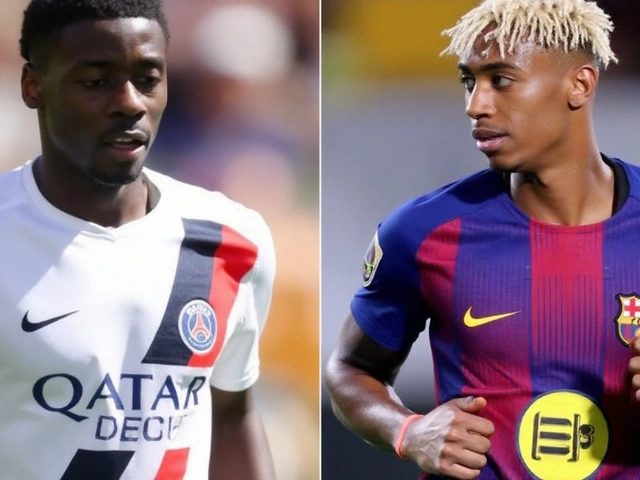
Emily Kadanec
September 5, 2024 AT 22:07 PMDefinately a wild ride for the Labour Party.
william wijaya
September 11, 2024 AT 17:00 PMThe drama unfolding is reminiscent of past intra‑party battles, with the stakeholder meeting acting as a de‑facto power‑shuffle.
By pulling senior figures into the spotlight, Obi and Otti are effectively re‑shaping the internal hierarchy.
The caretaker committee, though temporary, could set a precedent for how the party navigates governance vacuums.
Yet, the incumbent NWC's refusal to acknowledge the assembly threatens to splinter the base further.
Under these conditions, any electoral momentum the Labour Party hopes to sustain will hinge on reconciling these competing legitimation narratives.
Lemuel Belleza
September 17, 2024 AT 11:53 AMLooks like a classic case of internal politics gone noisy.
I’m not convinced any of this will change the actual power balance.
faye ambit
September 23, 2024 AT 06:47 AMThe current turbulence within the Labour Party is a vivid illustration of how fragile political cohesion can become when institutional mechanisms appear sidelined.
When a governor steps in to convene a stakeholders' gathering without clear constitutional authority, it raises questions about the balance between informal influence and formal legitimacy.
Moreover, the formation of a 29‑member caretaker committee suggests both an urgency to restore order and a recognition that the existing National Working Committee may be unable to command broad confidence.
Yet, the immediate denunciation by the incumbent NWC, branding the meeting null and void, reflects a defensive posture that is likely to deepen mistrust among party members.
In such a scenario, the party risks fragmenting into competing factions, each claiming rightful stewardship of the Labour brand.
The role of key figures like Peter Obi and Governor Otti cannot be understated, as their endorsement of the caretaker structure lends it an air of political weight.
However, legitimacy in the eyes of the Independent National Electoral Commission is a separate hurdle that the caretaker committee must navigate meticulously.
If the committee succeeds in withdrawing pending litigations and organizes transparent congresses at all levels, it could rebuild the procedural foundations necessary for a credible national convention.
Conversely, failing to secure INEC’s recognition could render the entire exercise symbolic, feeding narratives of illegitimacy propagated by the opposing faction.
Historical precedents within Nigerian party politics demonstrate that such crises, when resolved through inclusive dialogues and clear procedural reforms, can ultimately strengthen organizational resilience.
Therefore, fostering a climate of open communication between the caretaker committee and the incumbent NWC is essential to avoid a zero‑sum game.
Party members at the grassroots level, especially the youth, should be empowered to participate meaningfully in the upcoming congresses, ensuring that any new leadership reflects the broader constituency.
The timeline of ninety days, while ambitious, provides a window for decisive action but also imposes pressure to avoid procedural shortcuts.
Transparency in the nomination processes and clear articulation of the committee’s mandate will be critical to gaining trust.
In sum, the party stands at a crossroads where the choices made in the next few months will either cement its relevance on the national stage or relegate it to peripheral status.
All stakeholders would do well to remember that unity, once achieved through legitimate and participatory means, often yields a more durable political force than fragmented power grabs.
Subhash Choudhary
September 29, 2024 AT 01:40 AMReading through the developments, it feels like the party is in a classic power‑rebalancing act.
The caretaker committee could be a useful bridge if it sticks to the roadmap.
Still, the NWC’s refusal adds an extra layer of complexity.
Ethan Smith
October 4, 2024 AT 20:33 PMI concur with the observation that procedural clarity will be decisive.
Ensuring that each step aligns with INEC’s regulations can prevent legal challenges later.
Evelyn Monroig
October 10, 2024 AT 15:27 PMWhat they don’t tell you is that this whole caretaker gimmick is a covert operation to sideline the true grassroots voice.
The elite are pulling strings behind the curtain, and the average supporter is left to swallow the narrative they feed.
Gerald Hornsby
October 16, 2024 AT 10:20 AMDrama unfolds, and the plot thickens! 🤔
Hina Tiwari
October 22, 2024 AT 05:13 AMI think the party needs more open disscusion not just top down decisions :)
WILL WILLIAMS
October 27, 2024 AT 23:07 PMLet’s channel that energy into real action! The party can still rise if it embraces bold reforms.
Barry Hall
November 2, 2024 AT 18:00 PMNice point! 👍
abi rama
November 8, 2024 AT 12:53 PMStaying positive, the party can find common ground and move forward together.
Megan Riley
November 14, 2024 AT 07:47 AMWow,, the potential for unity is huge!! Lets keep pushing forward, everyone!!
Lester Focke
November 20, 2024 AT 02:40 AMFrom a theoretical standpoint, the legitimacy crisis underscores the necessity of constitutional adherence within party structures; any deviation therein jeopardizes institutional integrity.
Naveen Kumar Lokanatha
November 25, 2024 AT 21:33 PMIndeed, respecting due process while fostering inclusive dialogue will be key for sustainable resolution.